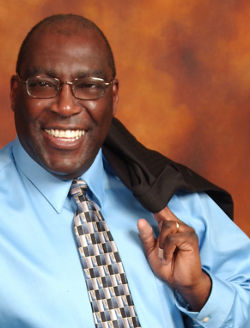Do we believe "taking care of the poor" is the greatest spiritual value, and vote for politicians who claim to support that agenda? Elevating caring for the poor causes many to overlook that when a particular party is in power opponents of values that are in antithesis to what the Bible teaches find a political audience for their causes. Thus we have a 40 year history of the Bible, the pledge of allegiance and patriotic songs being banned and expunged from the national conscience, as education and other problems of the poor continue to prevail and worsen.
Both the Old and New Testaments indicate poor people always will be amongst us, and we are encouraged to share to help them. Deuteronomy 15:11, Matthew 26:11, Mark 14:7 and John 12:8.
Properly Providing for the Poor
The Bible says properly caring for the poor includes giving them the opportunity to work to support themselves. Leviticus 19:10 says, “Do not go over your vineyard a second time or pick up the grapes that have fallen. Leave them for the poor and the alien.”
The greatest virtue regarding how we treat the poor, however, is giving them the opportunity to hear the Gospel of Christ. Thus, Matthew 11:5 and Luke 4:18 and 7:22 say, “The blind receive sight, the lame walk, those who have leprosy are cured, the deaf hear, the dead are raised, and the good news is preached to the poor.” Jesus heals many of the disabilities that contribute to poverty.
The greatest spiritual value is helping people from all walks-of-life to make good decisions by responding to Christ in repentance which eradicates other causes of poverty, such as alcohol and drug abuse and criminal behavior.
While providing the poor is commendable, the Bible shows requiring their responsible participation is more productive than mere handouts. While Jesus heals and sets people free from the causes of poverty, perverted government perpetuates enslavement to poverty programs to get votes from those who hope to support the poor.


 RSS Feed
RSS Feed
